Iraq’s parliament fails to elect new president due to lack of quorum, postpones vote indefinitely
Iraq’s parliament has cancelled a vote for a new head of state as it lacked the necessary two-thirds quorum to hold a session, a move that could prolong political uncertainty and government formation in the country.
According to a number of lawmakers, only 58 members out of the 329 were present on Monday, which is fewer than needed to choose a new president for the mostly ceremonial post.
“The majority of the political parties boycotted today’s session due to the lack of a political agreement over the president post,” lawmaker Mishaan Jabouri said, adding, “Parliament will not convene until an agreement is in place.”
The parliament later in the day indefinitely postponed a scheduled vote for the president after most major political blocs boycotted the session. An official then confirmed to media outlets that on Monday “there will be no vote to elect the president.”
On Sunday, many lawmakers and a number of political alliances said they would boycott the proceedings after the Federal Supreme Court temporarily suspended prominent Kurdish politician Hoshyar Zebari’s presidential bid. The court said it had made the decision after receiving a complaint from lawmakers that Zebari’s candidacy was "unconstitutional" because of the graft claims.
In September 2016, the parliament dismissed then Finance Minister Zebari, a politician from the Kurdistan Democratic Party (KDP), who had served as foreign minister for more than a decade, on charges of corruption and mismanagement. Zebari, 68, has always denied all corruption accusations. He was one of two main contenders for president. The incumbent Barham Saleh is the other favored candidate for the position.
The largest bloc in parliament led by influential cleric Muqtada Sadr also announced on Saturday that it had suspended talks with other factions for the formation of the next government, and declared a boycott of Monday's parliamentary session on the new president.
Parliamentary elections were held on October 10, 2021, the fifth in Iraq since 2003, when a US-led military invasion ousted the regime of former Iraqi dictator Saddam Hussein. The elections were originally planned to be held in 2022, but the date was brought forward in the wake of a mass protest movement that broke out in 2019 to call for economic reforms, better public services, and an effective fight against unemployment and corruption in state institutions.
The Fatah (Conquest) Alliance – the political arm of the Popular Mobilization Units or Hashd al-Sha’abi – managed to secure 17 seats, compared to the 48 it held in the outgoing parliament. Former Prime Minister Nuri al-Maliki's State of Law Alliance won 33 seats in the legislature.
Intense negotiations among political groups in Iraq have failed to form a majority parliamentary coalition to name a new prime minister to succeed Mustafa al-Kadhemi.

Iraqi MP files lawsuit against Syria’s leader Julani over 'terrorist' past
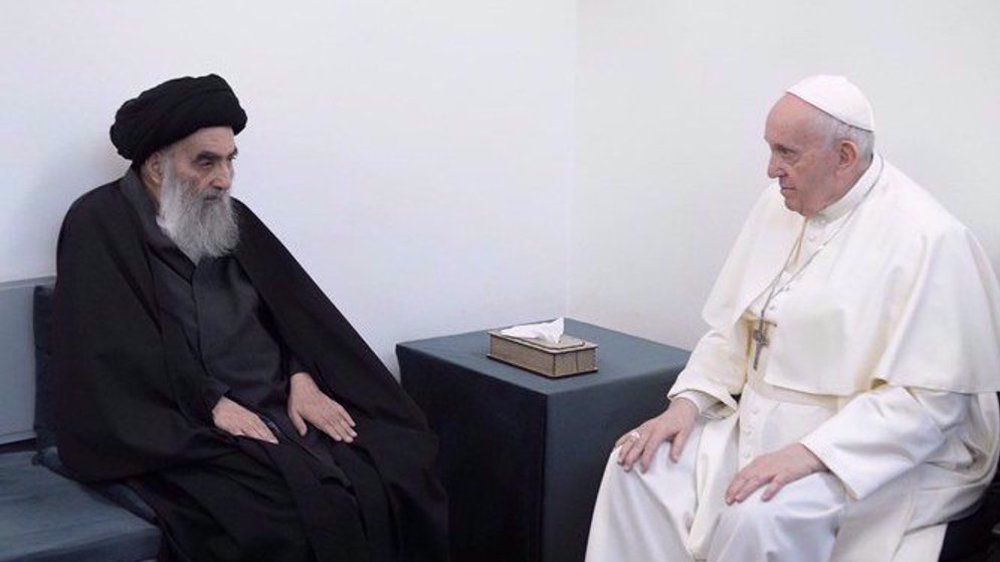
Ayatollah Sistani offers condolences on passing of Pope, hails his role in promoting peace
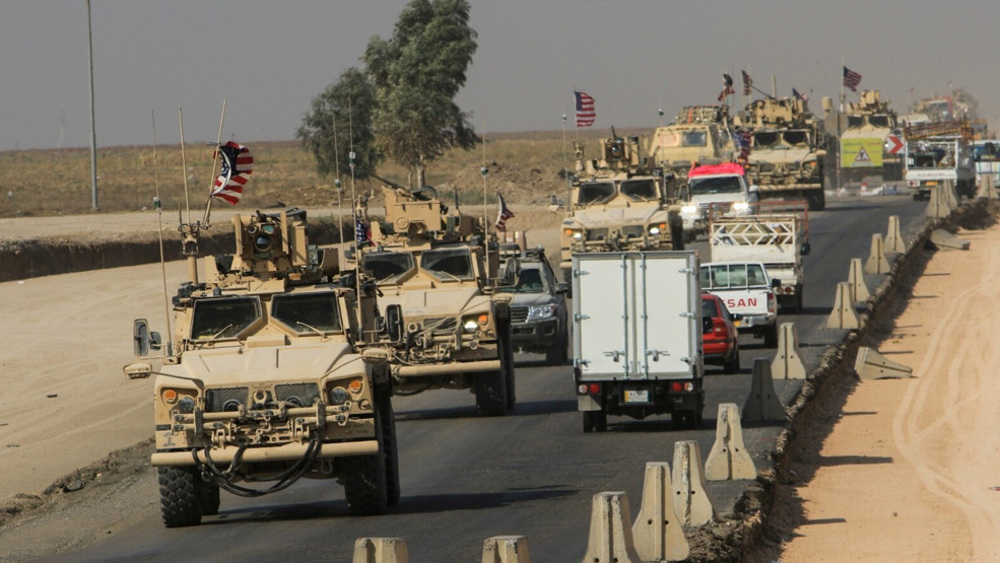
US arms convoys enter Iraqi Ain al-Asad base from Syria: Report
Pakistan repeats claim of pending India military action; says strike planned for ’next 24 to 36 hrs'
Yemen warns US, West: We have 8 million fighters ready, may expand our war
Gaza’s humanitarian crisis deteriorating ‘beyond imagination’: UN chief
US announces new Iran sanctions despite ongoing nuclear talks
Iraqi MP files lawsuit against Syria’s leader Julani over 'terrorist' past
Iran urges Germany to probe wartime supply of chemical weapons to Iraq
Over 65,000 children hospitalized for malnutrition as Israel starves Gaza
Hamas condemns Gaza blockade as war crime, demands global action


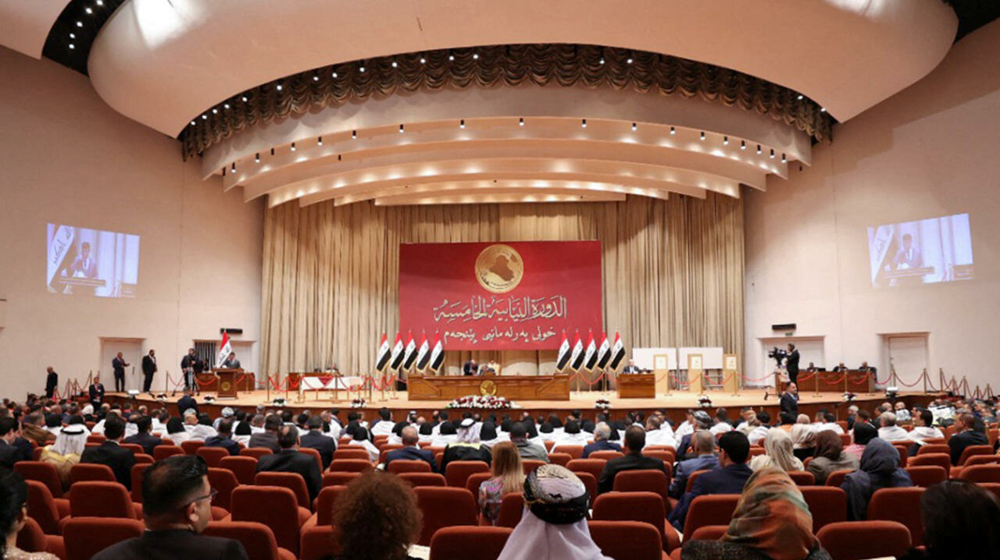
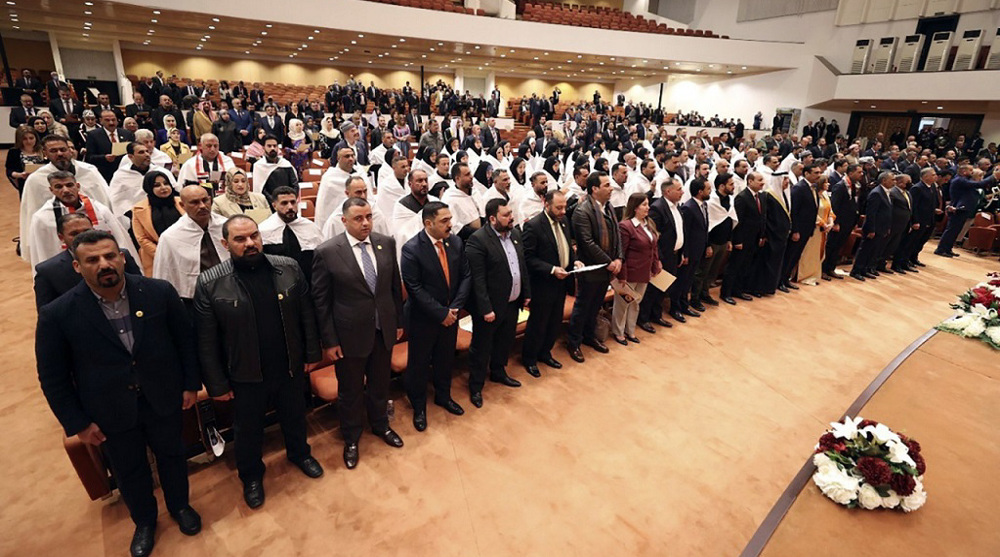
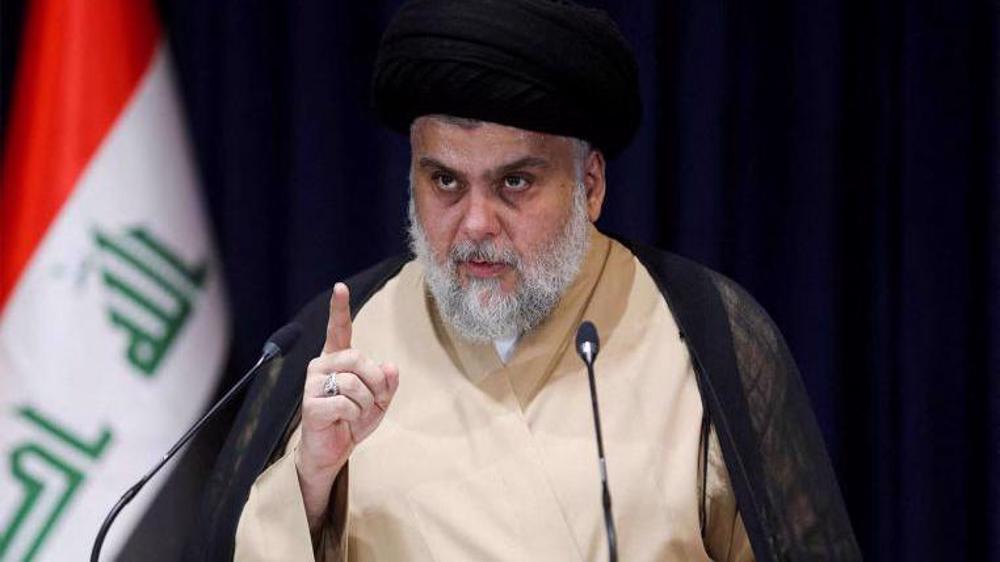



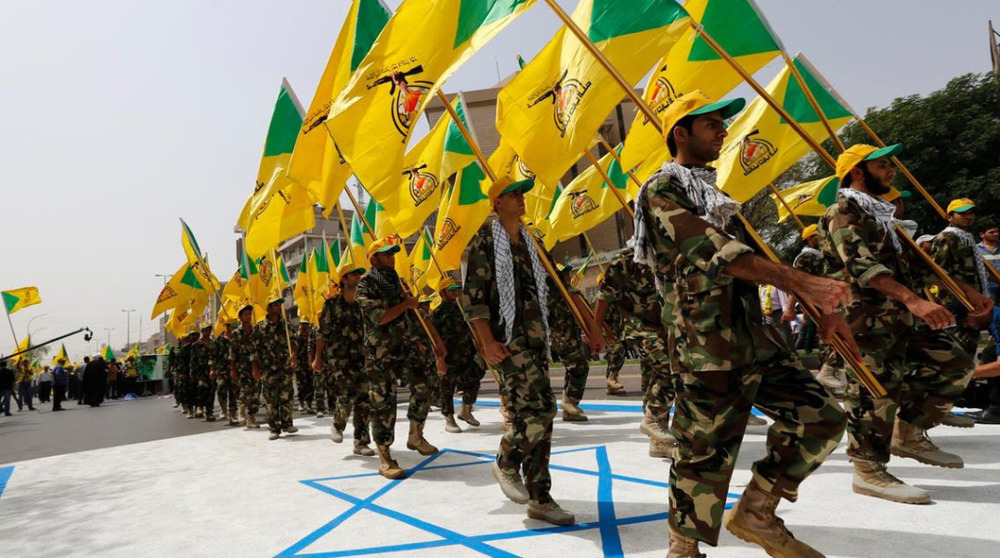
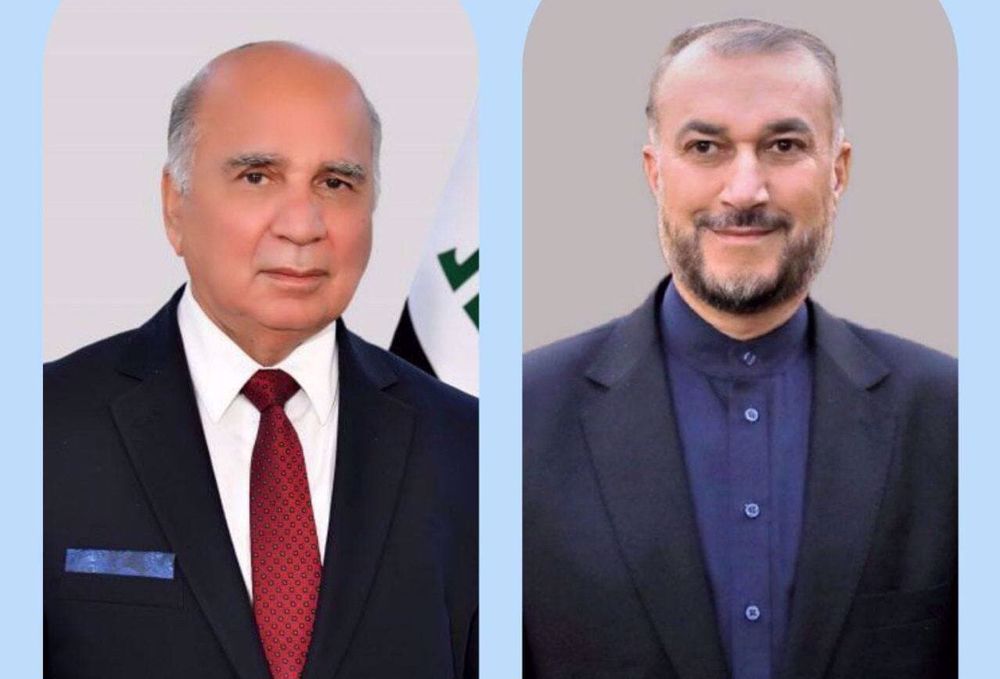
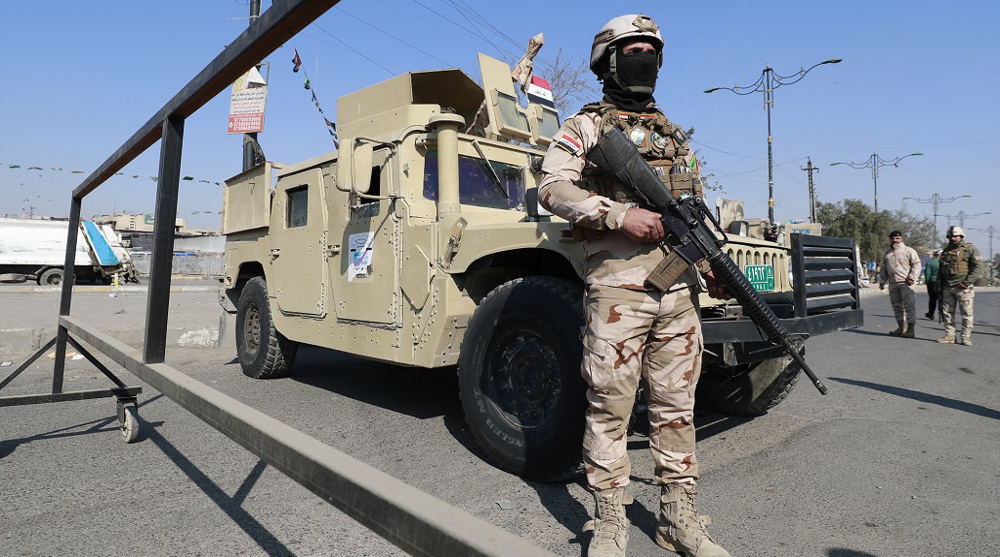

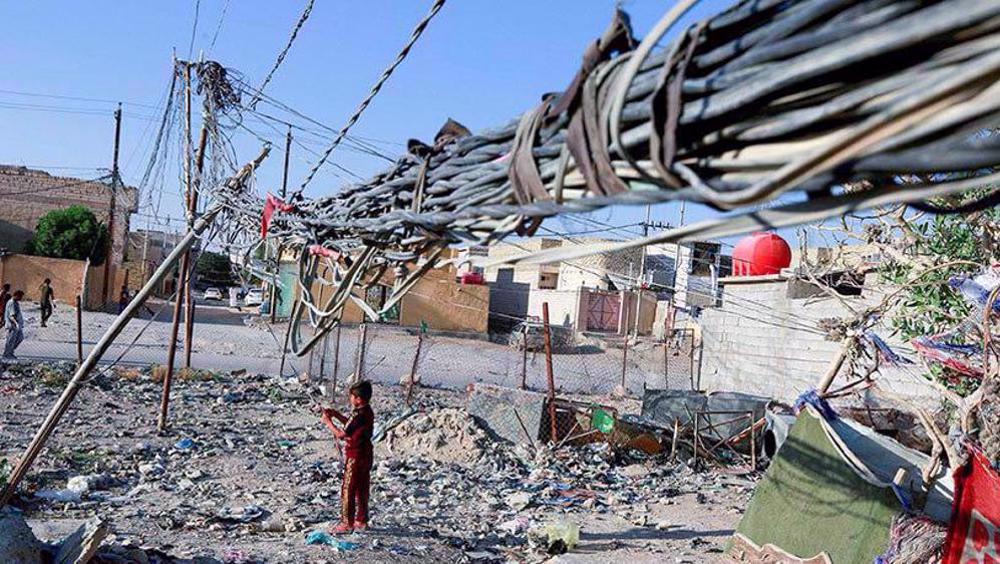
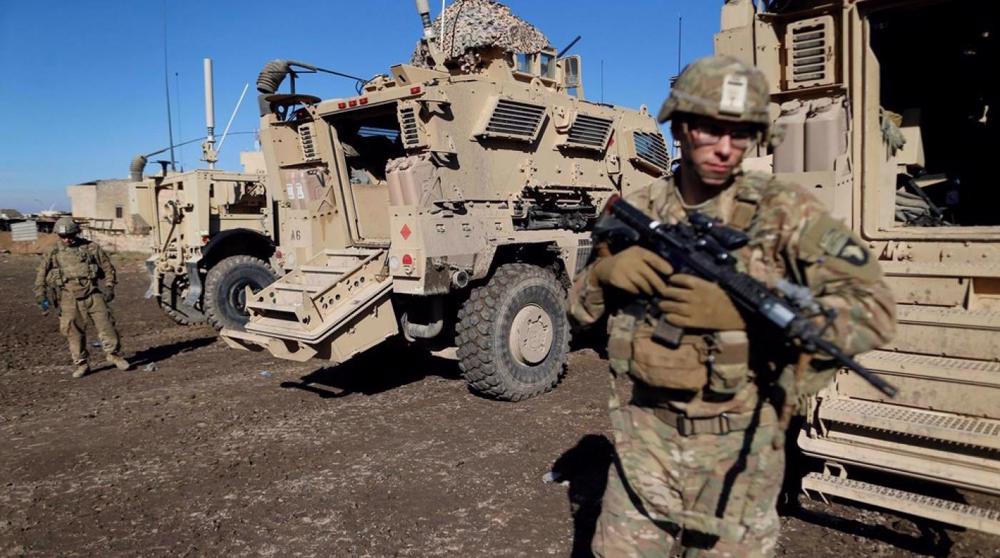
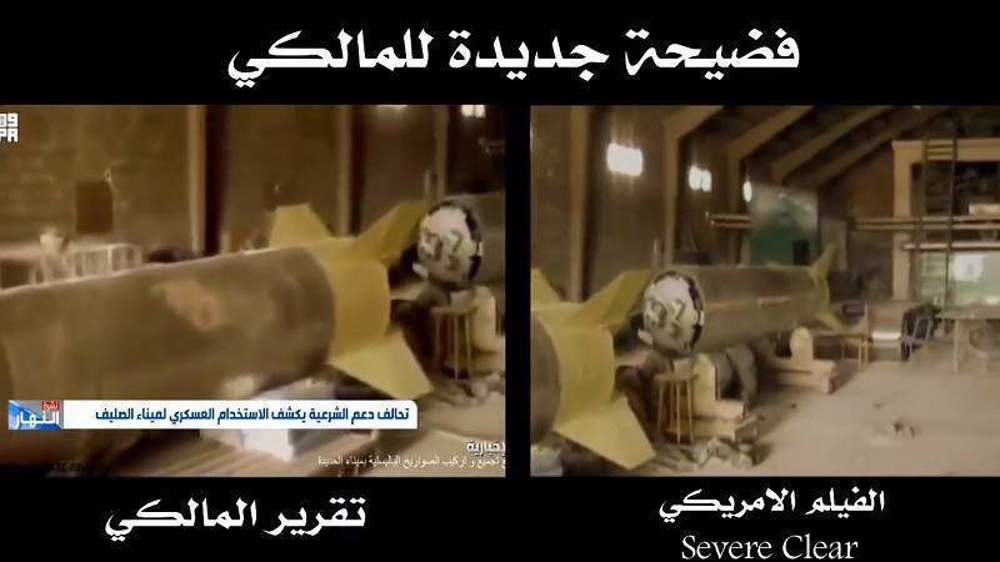
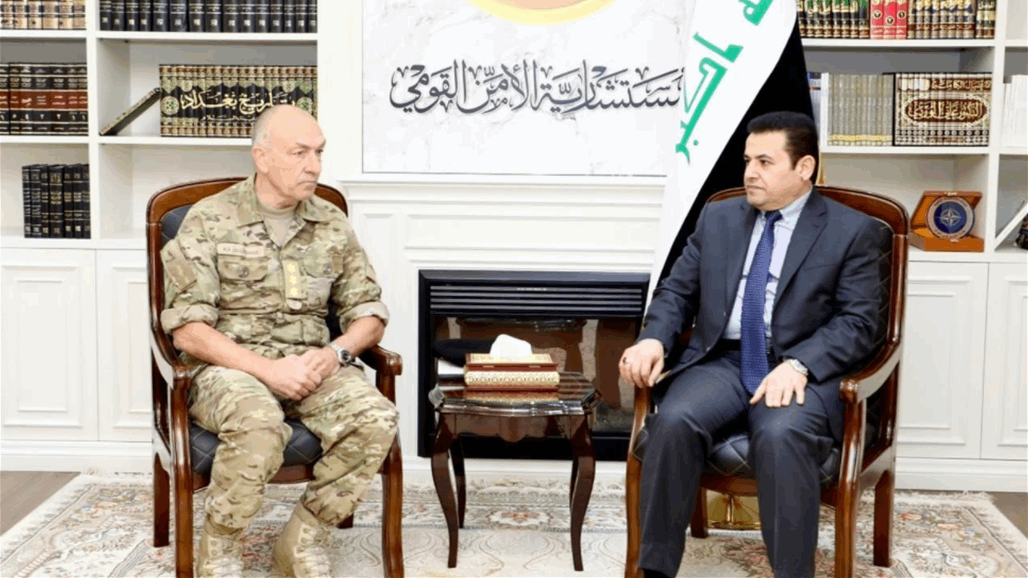

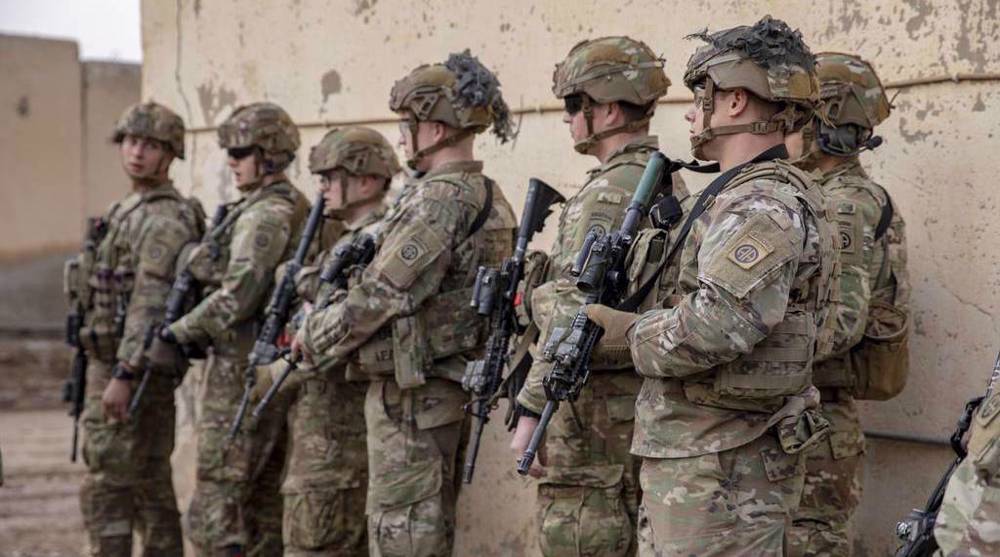

 This makes it easy to access the Press TV website
This makes it easy to access the Press TV website